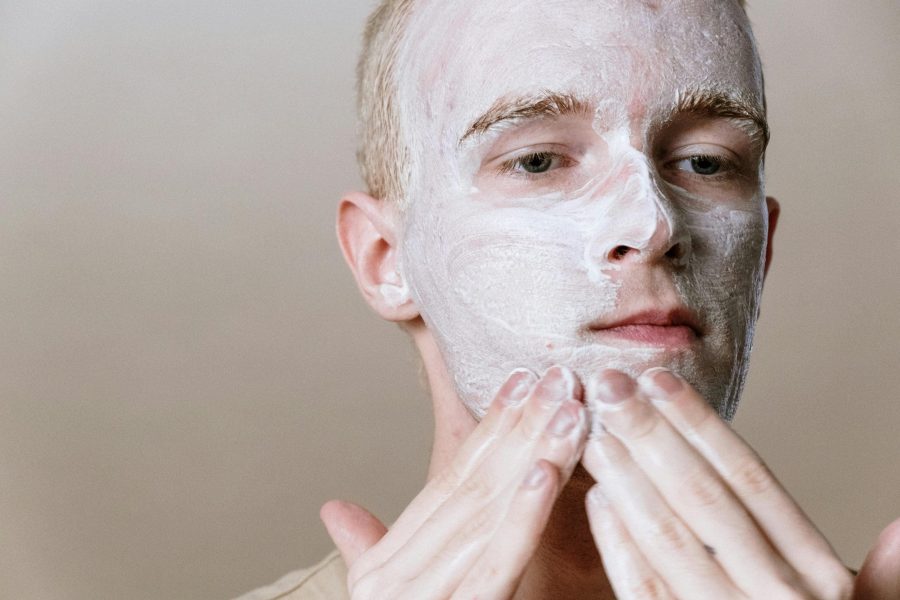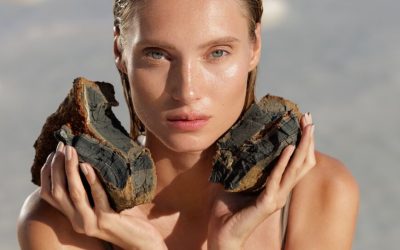Men’s Wellness & Grooming is Booming
Men’s wellness and grooming is undergoing a radical evolution, where skincare, health, wellness, performance optimisation, and cutting-edge technology are being elevated like never before. Today’s modern man is no longer looking just for a shave and a haircut; he’s investing in longevity, peak physical condition, mental clarity, cosmetic procedures, and a healthy appearance with his skin.
Men’s wellness and skincare is no longer limited to basic fitness and grooming. Gone are the day of blindly consuming protein shakes and generic vitamins. Evidence-based supplements designed to assist with cognitive function, muscle recovery, and metabolic efficiency are at the top of the list. There is a rise in blood biomarker testing, which allows for personalised supplementation and diet plans.
Contrast therapy with saunas and cryotherapy is more than a mere indulgence; it is a scientifically backed wellness practice. Regular use of saunas and cryotherapy can reduce the risk of heart disease, lower blood pressure, and alleviate stress. Combining saunas, cryotherapy, and breathwork sessions amplifies health and well-being.
Males of all ages are seeking out cosmetic procedures to correct certain features and address skin ageing. Understanding the male hormone, testosterone, and how it affects the skin is imperative for optimal results.
Men’s skin is constantly affected by testosterone, as the skin is a hormone-sensitive organ. Testosterone impacts skin structure, texture, facial hair, and sensitivity. More specifically, there are six ways in which testosterone influences men’s skin:
- Increases sebum production, resulting in oilier skin and larger pores, often leading to longer-lasting acne and blocked pores.
- Increases the acidity to a pH of 4.5.
- Thickens the epidermis by increasing the number of cellular layers. This does not mean male skin is less prone to damage.
- Strengthens facial hair; skin becomes prone to irritation from shaving. This, in turn, can mean repeated shaving disrupts the protective barrier of the skin, making men more prone to redness, sensitivity, and inflammation.
- Creates more active fibroblasts with more collagen. While men have higher collagen density, their collagen levels drop dramatically with age. This can lead to deeper lines and more pronounced sagging if left unaddressed.
- Increases sensitivity, whereby skin is more prone to redness and under-eye puffiness.
For men who shave regularly, there are hidden aggressors in shaving and grooming products that work against the health of your skin. Ingredients like mineral oil (interfering with the skin’s ability to regulate itself, often leading to clogged pores, dehydration, and inflammation), fragrances, and perfumes (major irritants that can trigger sensitivity and allergies), and chemical preservatives (shown to accelerate skin cell ageing).
To achieve better skin without the drama, a male routine should strengthen the barrier function post-shave and avoid harmful ingredients that irritate and age. Forget basic moisturisers; cell-driven skincare is the future of men’s grooming. Any skin, regardless of sex or race, that produces more testosterone will require active ingredients in its skincare products. The products need to support the balance of oils and reduce susceptibility to acne. Similarly, thicker skin will usually tolerate more active ingredients like retinol, lactic, and salicylic acid, but a balance is required as men’s skin is often more sensitive.
For male skin, it is imperative to follow a simple and effective home care routine. This will include a facial wash, which can be used at the basin or in the shower with lukewarm water. Exfoliation can be performed with gauze and toning lotion morning and night. This is then followed by either a serum, a moisturiser, or both to restore and rebuild the protective barrier and hydrate the skin. Last but not least, the use of a protective sunscreen during the day.
Men, your skin is your first impression, your protection, and your partner through life. Whether you are 20 or 80 years young, the time to care for yourself and your skin is now.




